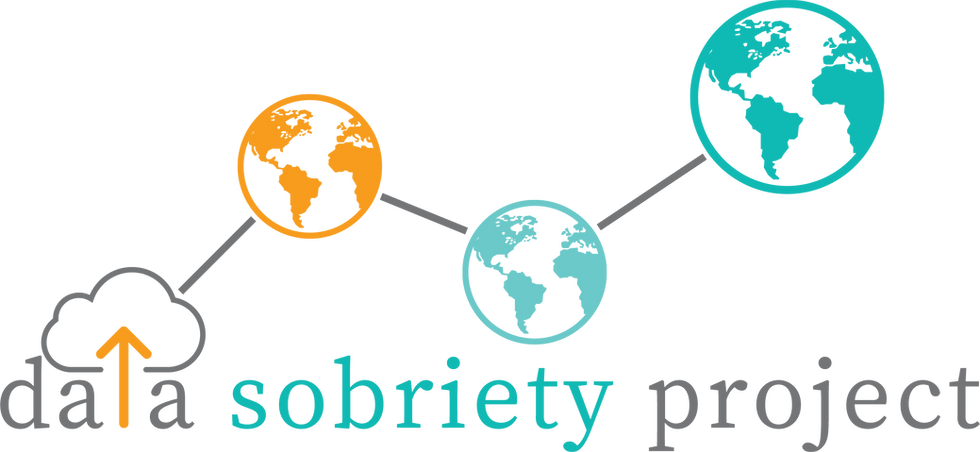
While storytelling remains paramount, the environmental impact of data usage cannot be ignored. Every click, view, and interaction generates data that must be stored and processed, often in energy-intensive data centers. According to a report by the International Energy Agency, data centers accounted for approximately 1% of global electricity demand in 2020. As digital activities increase, this figure is expected to rise significantly.
Data centers require substantial energy for cooling systems to prevent overheating. A study by Nature Climate Change estimated that data centers could consume as much as 8% of the world's electricity by 2030 if current trends continue. This projection underscores the urgency for implementing sustainable data practices.
Taking Accountability

01
Minimize Data Collection
Only collect data that is necessary for achieving specific business objectives. Avoid gathering excessive data that provides little value but adds to the storage and processing burden.
.png)
02
Optimize Data Storage
Implement data retention policies that periodically purge outdated or redundant data. Use efficient data compression techniques to reduce storage space.
.png)
03
Energy Efficient Data Processing
Utilize energy-efficient servers and adopt green data center practices. Implementing renewable energy sources for powering data centers can further reduce the environmental impact.
The Need for Responsible Data Policies
Becoming a certified D Corp offers numerous benefits for content creators and businesses alike:
Enhanced Reputation
In an era where consumers are increasingly concerned about privacy and sustainability, being a D Corp can enhance a company's reputation. It demonstrates a commitment to ethical practices and corporate responsibility.
Consumer Trust
Transparency and ethical data practices build trust with consumers. A D Corp certification reassures customers that their data is handled responsibly, fostering loyalty and long-term relationships.
Competitive Advantage
As data privacy regulations become stricter, companies that proactively adopt responsible data practices will have a competitive edge. D Corps are better prepared to comply with evolving regulations, avoiding potential fines and reputational damage.
Environmental Impact
By implementing sustainable data practices, D Corps contribute to reducing the environmental impact of the digital economy. This aligns with the growing global emphasis on sustainability and corporate social responsibility.
.png)